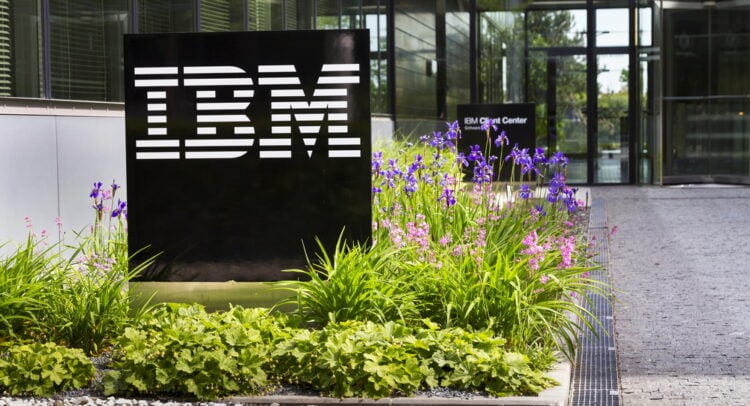AI models often sound confident, but that confidence can be misleading. Indeed, these systems sometimes make up facts in a believable way, which is a problem known as “hallucination.” Even though model accuracy has improved over time, this issue hasn’t gone away. Interestingly, according to new research from OpenAI, the problem might not come from flawed code but from how AI progress is measured. Benchmarks that reward accurate answers also tend to reward confident guesses, even when those guesses are wrong.
Elevate Your Investing Strategy:
Take advantage of TipRanks Premium at 50% off! Unlock powerful investing tools, advanced data, and expert analyst insights to help you invest with confidence.
As a result, this encourages models to give answers instead of admitting they don’t know something, which experts say creates the wrong incentives. More specifically, Ayhan Sebin from tech giant IBM (IBM) compares it to human performance metrics, saying that if the system rewards guessing, then models will guess. Separately, Kate Soule, another IBM expert, says that this is a “calibration problem.” Right now, AI systems are pushed to always give an answer, which leads to more hallucinations. But going too far in the other direction, where models say “I don’t know” too often, also makes them less useful.
That’s why researchers believe that better ways to score AI models are needed, so they learn when to answer and when to stay silent, depending on the situation. Therefore, IBM is exploring solutions, like a new system called Larimar, which gives models editable memory so they can learn and revise facts in real time. Instead of retraining the whole model, Larimar lets AI update specific information. While hallucinations won’t disappear right away, tools like Larimar and better testing methods could help keep them under control.
Is IBM a Buy, Sell, or Hold?
Turning to Wall Street, analysts have a Moderate Buy consensus rating on IBM stock based on seven Buys, seven Holds, and one Sell assigned in the past three months, as indicated by the graphic below. Furthermore, the average IBM price target of $294.86 per share implies 13.8% upside potential.

See more IBM analyst ratings
Disclaimer & DisclosureReport an Issue

